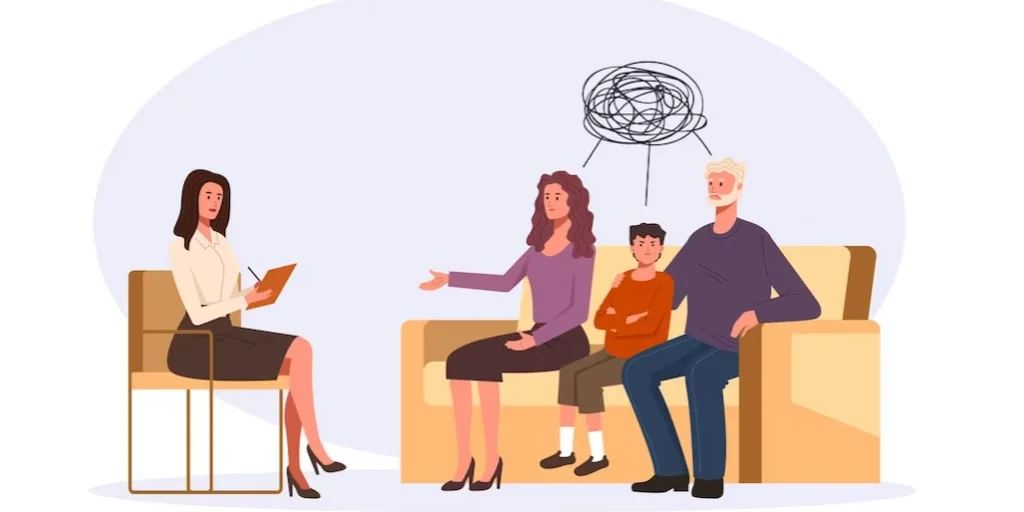24/7 Helpline:
(866) 899-221924/7 Helpline:
(866) 899-2219
Learn more about Bipolar Disorder Treatment centers in Gunnison County

Other Insurance Options

Meritain

Anthem

Health Net

Private insurance

Self-pay options

American Behavioral

Magellan Health

Sliding scale payment assistance

Carleon

Health Choice

Kaiser Permanente

United Health Care

Excellus

Lucent

Optum

Absolute Total Care

CareSource

Sutter

PHCS Network

Regence

The Center for Mental Health
The Center for Mental Health is a non-profit organization and is governed by a board of directors re...

Teocalli Treatment Options
Teocalli Treatment Options offers outpatient treatmnet for individuals with alcohol and/or substance...






















The Center for Mental Health – Crystal Hall
The Center for Mental Health is a non-profit organization and is governed by a board of directors re...










































